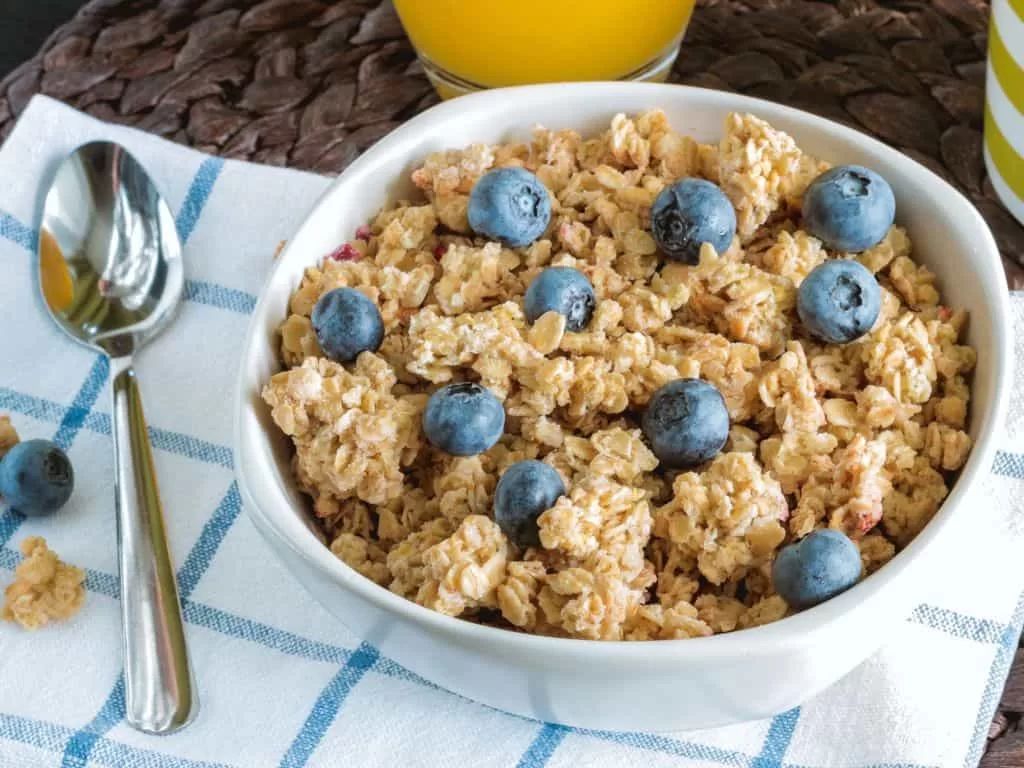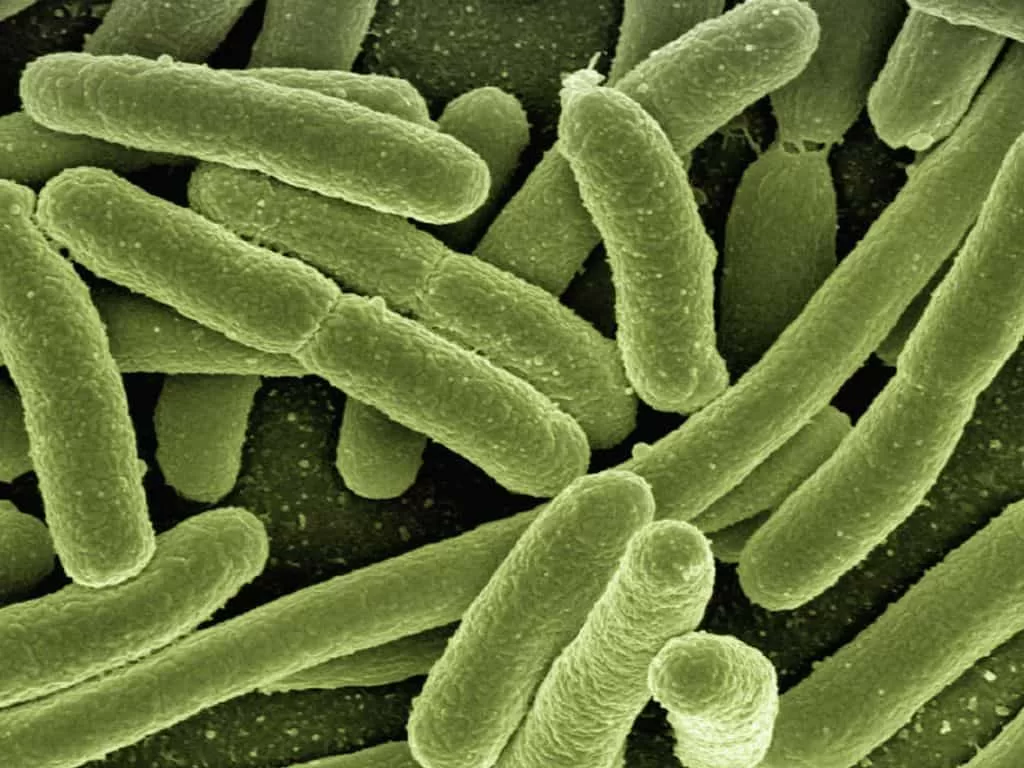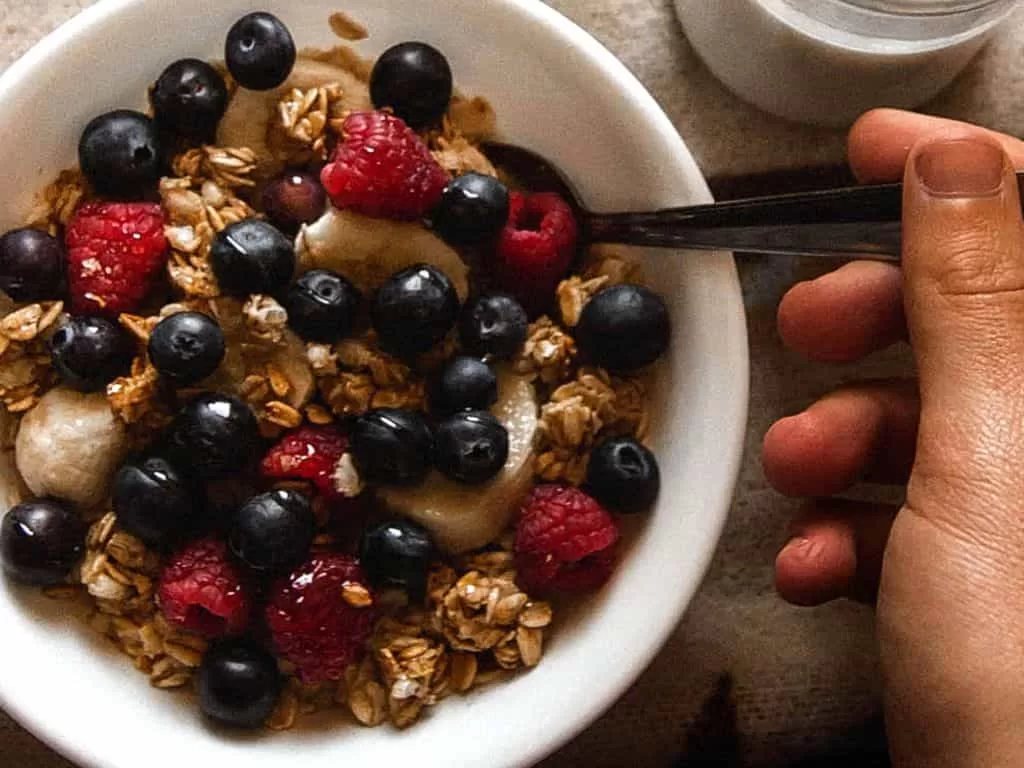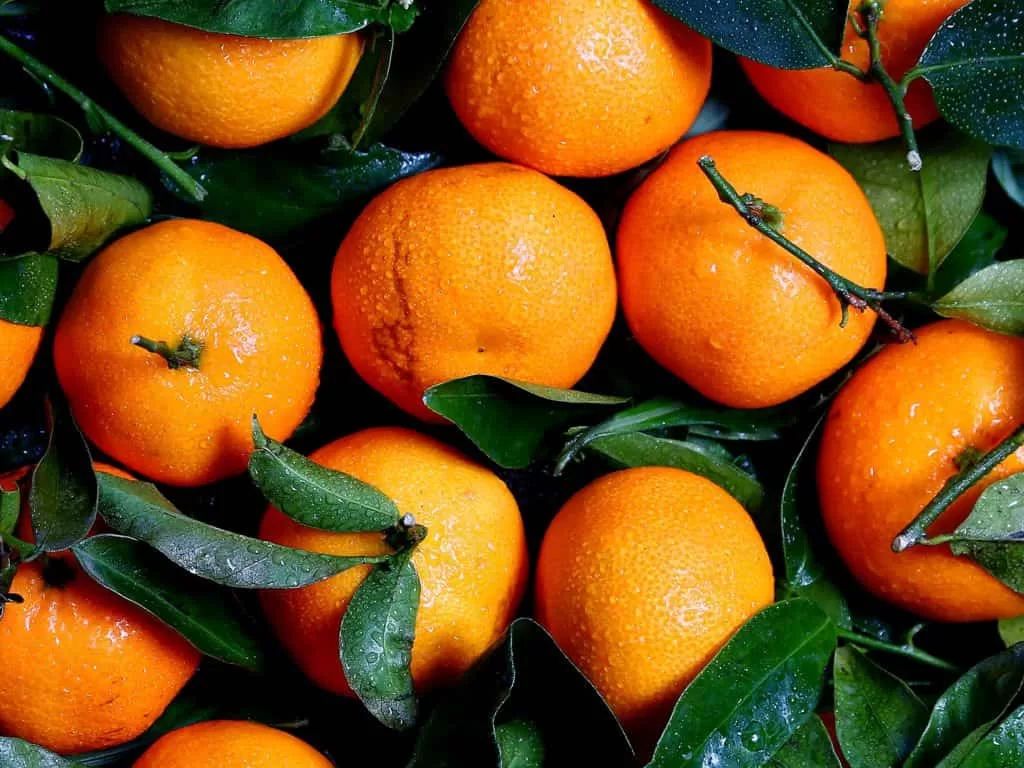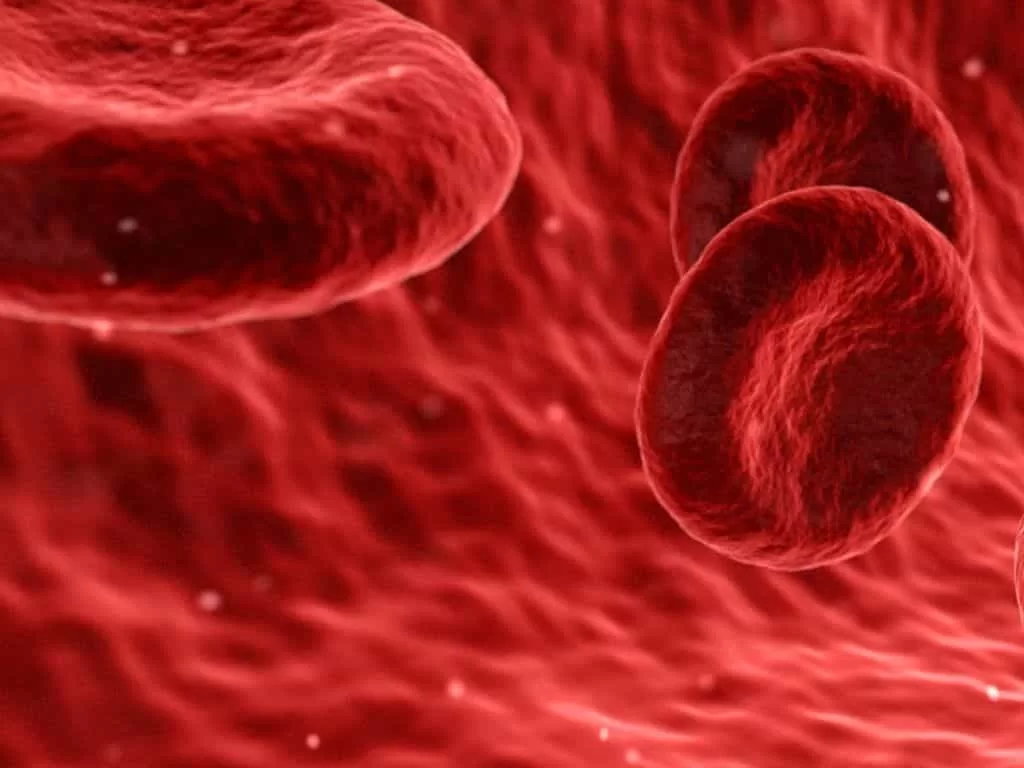Scientists question validity of GM cancer study
Top scientists have called into question the credibility of a study suggesting that GM maize can cause cancer in rats. Rodents fed a lifelong diet of a common strain of GM corn developed breast tumours and suffered damage to their livers and kidneys, according to a team from the University of Caen. However, others said […]
Scientists question validity of GM cancer study Read More »




